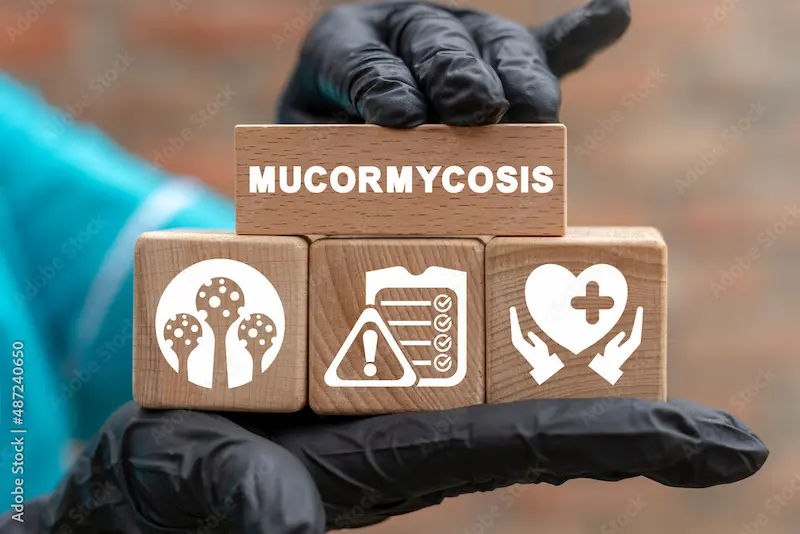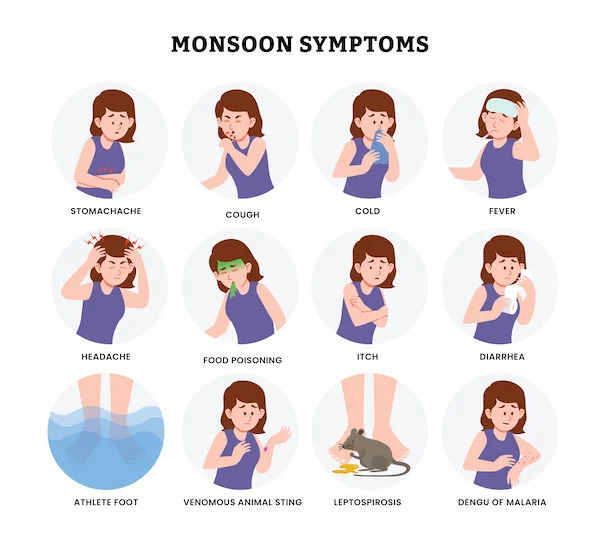- Female
- 23 Years
- 29/01/2025
I've been having these evening fevers ranging from 99 to 99.8 for the past five days, and it usually happens between 6 and 10 at night. But then in the mornings, my temperature is back down to around 97 or 98. What could this mean?
Answered by 1 Apollo Doctors
yes you can take it no problem
Answered 04/07/2025
0
0

More General Physician/ Internal Medicine Health Queries
View allI'm a bit worried because my dog, who's usually hanging out with street dogs, accidentally gave me a playful bite on my arm. It didn't bleed, just got a bit red and swollen, but that went away the next day. My dog is 3 and a half years old, has had all its vaccinations, and I even got it a booster shot a month before it bit me since it was bitten by a stray. It's been 4 days since then and both of us seem totally fine, and my dog isnt showing any sick signs. I spoke to a pharmacist who gave me a tetanus shot and told me not to worry because my dog had the booster lately. But here's my problemtheres no antirabies injection available anywhere in my town. Should I be concerned about rabies or am I safe to assume we're okay?
Given that your dog has been regularly vaccinated for rabies, including a recent booster dose, and is not displaying any symptoms of illness, the risk of rabies transmission is extremely low. Additionally, since both you and your dog are doing well after 4 days, the likelihood of rabies transmission is further reduced. In this situation, it is not necessary to worry about rabies. Continue to monitor your dog for any changes in behavior or health, and keep an eye on the bite wound for any signs of infection. If the wound shows any concerning symptoms, such as increasing redness, warmth, or discharge, consult a healthcare provider for further evaluation and treatment.
Answered by 1 Apollo Doctors
I've been having a fever every evening for the past three months. It's been a bit of a worry and I'm trying to figure out what might be causing this. Could you help shed some light on what might be going on or suggest what steps I should take next?
It's important to identify the cause of your recurring evening fever over the past 3 months. It could be due to various factors like infections, inflammation, or other underlying conditions. I recommend consulting with your doctor for a thorough evaluation and appropriate tests to determine the cause and provide proper treatment.
Answered by 1 Apollo Doctors
I've been dealing with vitamin D and B12 deficiencies for about a month now and it's causing me some issues. I've noticed that I don't have much of an appetite and Im having trouble with digestion, like my motions aren't normal. I also feel really tired and my joints are aching. What could be causing all these symptoms, and what should I do about it?
Considering your Vitamin D and B12 deficiency, lack of appetite, digestion issues, tiredness, and joint pain, consult your doctor about taking supplements, and also focus on dietary changes, such as incorporating Vitamin D-rich foods like fortified dairy products, mushrooms, and fatty fish, and Vitamin B12-rich foods like dairy, eggs, and plant-based milk, while also addressing digestive issues through probiotics, fiber-rich foods, and adequate hydration.
Answered by 1 Apollo Doctors
Disclaimer: Answers on Apollo 247 are not intended to replace your doctor advice. Always seek help of a professional doctor in case of an medical emergency or ailment.





